Does Engine Oil Expire If Opened?
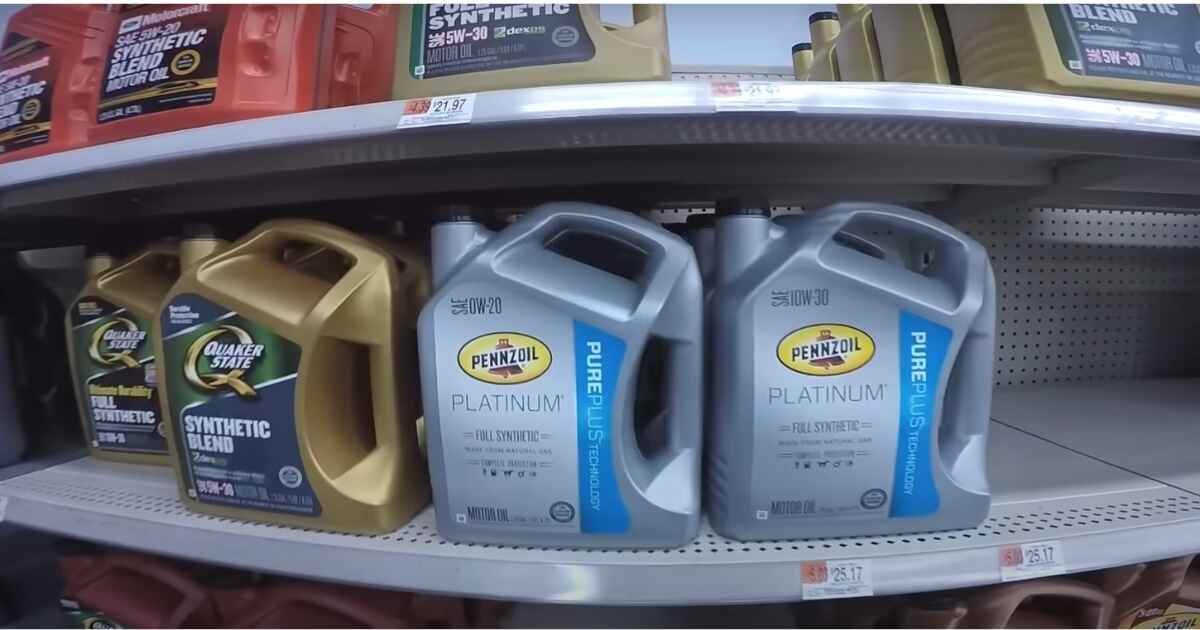
Engine oil is an essential fluid that keeps your vehicle’s engine running smoothly by lubricating moving parts, reducing wear, and preventing overheating. However, if you’ve opened a bottle of engine oil and left it sitting on a shelf, you may wonder: Does engine oil expire if opened?
In this article, we’ll explore the shelf life of opened engine oil, the factors that can affect its longevity, and how to ensure you’re using oil that’s still effective for your car.
Does Engine Oil Expire Once Opened?
Yes, engine oil can expire once opened. While unopened engine oil has a shelf life of around 5 years or more (depending on the manufacturer), opened oil is exposed to air and contaminants, which can accelerate its degradation.
Why Opened Engine Oil Can Expire
Several factors contribute to the expiration of engine oil after the bottle is opened:
1. Oxidation
- When exposed to air, engine oil undergoes a chemical reaction called oxidation.
- Oxidation reduces the oil’s ability to lubricate and protect your engine.
2. Moisture Contamination
- Open bottles can absorb moisture from the air, especially in humid environments.
- Moisture reduces the oil’s effectiveness and can lead to engine damage.
3. Dirt and Debris
- Open containers are more susceptible to contamination from dust, dirt, or other particles.
4. Additive Breakdown
- Modern engine oils contain additives like detergents and anti-wear agents.
- These additives can degrade over time when exposed to air, reducing the oil’s performance.
How Long Does Opened Engine Oil Last?
The shelf life of opened engine oil depends on several factors, including storage conditions and the type of oil:
- Conventional Oil: Typically lasts 6-12 months after opening if stored properly.
- Synthetic Oil: More stable and can last up to 1-2 years after opening under ideal conditions.
- Blended Oil: Falls between conventional and synthetic in terms of longevity.
Signs That Opened Engine Oil Has Gone Bad
Using expired oil can harm your engine. Here are some signs that your oil may no longer be good to use:
1. Change in Color
- Fresh oil is usually amber or light brown.
- If the oil appears dark, cloudy, or has particles, it may be contaminated.
2. Foul Odor
- Expired oil may have a sour or rancid smell due to oxidation or contamination.
3. Thickened or Separated Texture
- If the oil has become thick, sludgy, or shows separation, it’s no longer effective.
4. Presence of Water or Moisture
- Look for bubbles or a milky appearance, which indicate water contamination.
How to Store Opened Engine Oil
Proper storage can extend the life of opened engine oil. Follow these tips to keep your oil in good condition:
1. Seal the Container Tightly
- Always ensure the cap is securely tightened to minimize air exposure.
2. Store in a Cool, Dry Place
- Keep the bottle away from direct sunlight and extreme temperatures.
- Aim for a stable temperature between 40°F and 80°F (4°C and 27°C).
3. Avoid Humid Environments
- Store the oil in a dry area to reduce moisture absorption.
4. Keep the Container Upright
- Avoid laying the bottle on its side, as this increases the risk of leaks and contamination.
5. Label the Bottle with the Opening Date
- Mark the date you opened the bottle to keep track of its shelf life.
Risks of Using Expired Engine Oil
Using expired engine oil can lead to several problems, including:
- Reduced Lubrication:
- Degraded oil may fail to properly lubricate engine components, increasing friction and wear.
- Engine Deposits:
- Contaminated oil can leave harmful deposits in your engine, reducing efficiency.
- Corrosion:
- Moisture and degraded additives can lead to rust and corrosion of engine parts.
- Shortened Engine Life:
- Prolonged use of bad oil can cause long-term damage to your engine.
FAQs
1. Can I Use Opened Oil That’s Over a Year Old?
- It depends on storage conditions and the type of oil. Inspect the oil for signs of degradation before using it.
2. Can I Mix Old Oil with New Oil?
- Mixing oils is not recommended, as it can dilute the effectiveness of the new oil.
3. What Happens If I Use Expired Oil?
- Expired oil may cause poor engine performance, increased wear, and potential long-term damage.
4. Does Synthetic Oil Last Longer Once Opened?
- Yes, synthetic oil is more resistant to oxidation and degradation, making it last longer than conventional oil.
5. How Often Should I Replace My Engine Oil?
- Follow your vehicle manufacturer’s recommendations, typically every 5,000 to 7,500 miles or 6-12 months, whichever comes first.
Conclusion
Opened engine oil can expire due to exposure to air, moisture, and contaminants, which degrade its performance. While synthetic oil lasts longer than conventional oil, proper storage is key to extending its shelf life.
Always inspect opened oil for signs of degradation, such as changes in color, texture, or odor, before using it in your engine. By taking the right precautions, you can ensure your vehicle continues to run smoothly and efficiently.
Also Check:
• Does Engine Oil Have an Expiration Date?

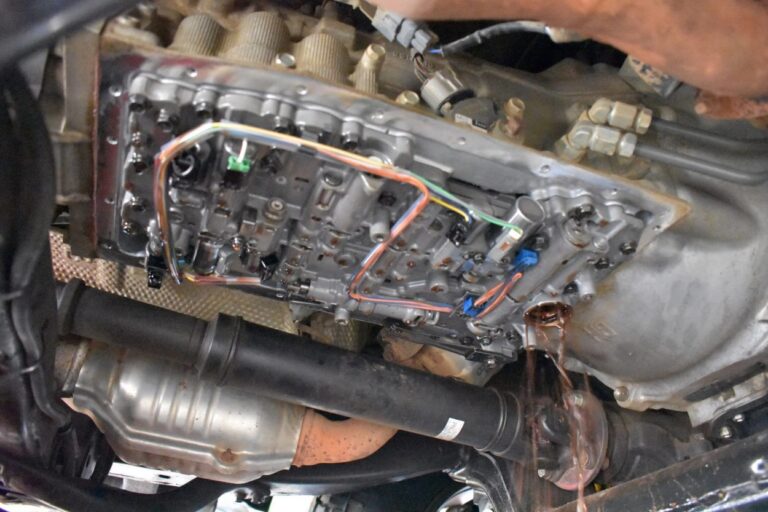
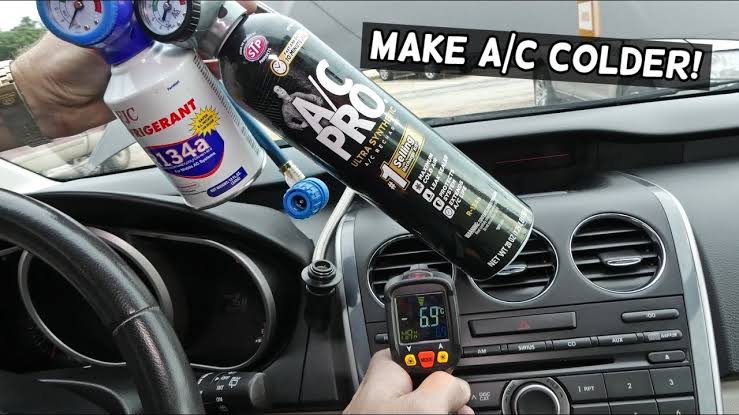
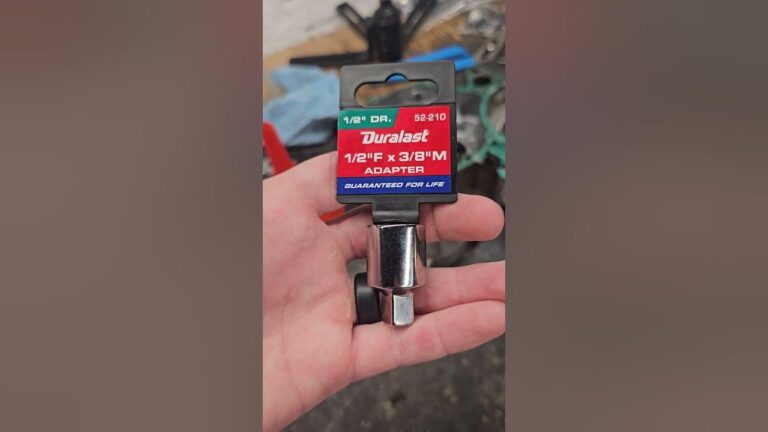
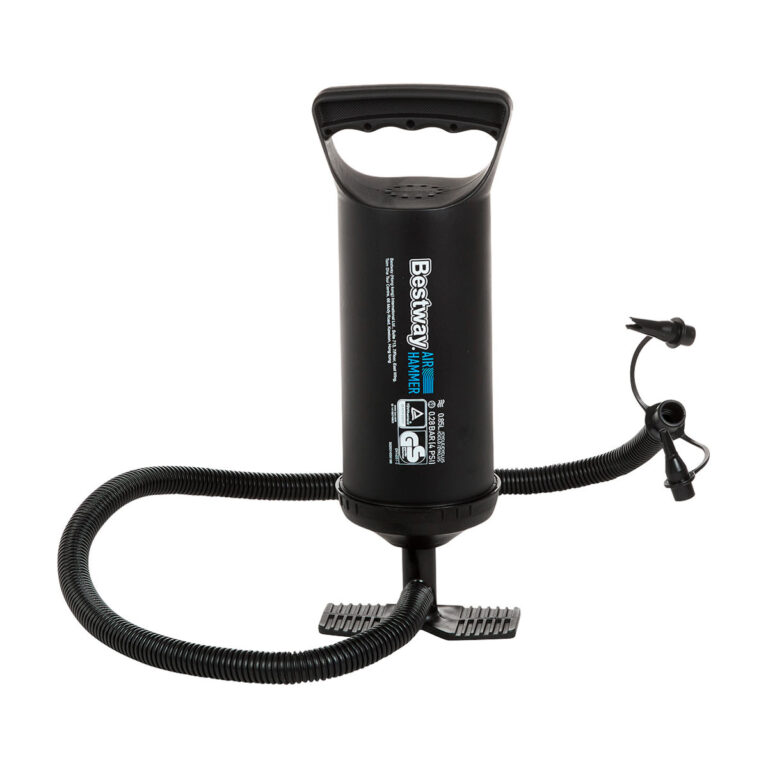

6 Comments